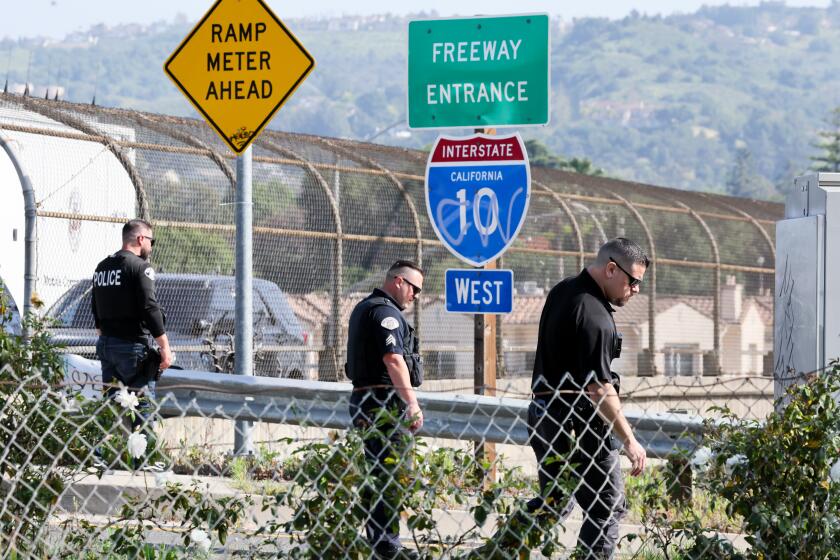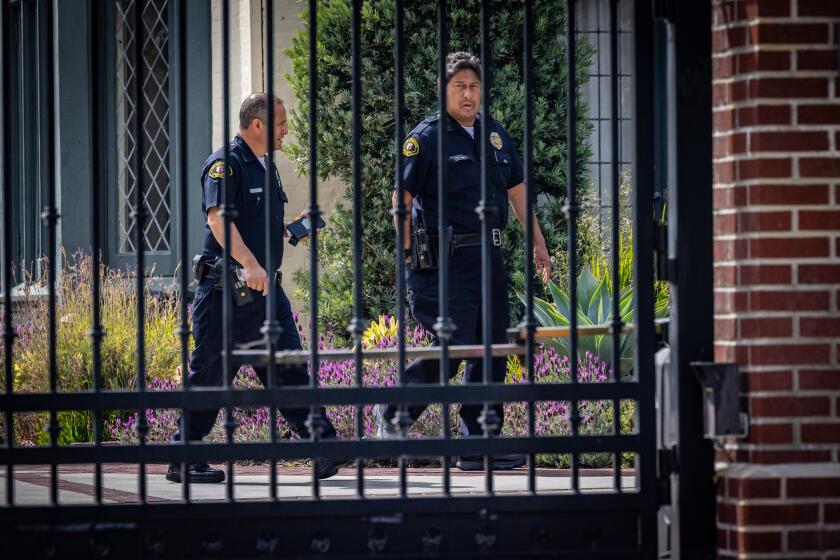Robin Williams’ suicide focuses attention on Parkinson’s, depression

Watch: Comedian Robin Williams was battling the early stages of Parkinson’s disease, according to his wife.
The death of Robin Williams has focused new attention on Parkinson’s disease.
Williams, who was found dead from an apparent suicide Monday, was suffering from the “early stages” of Parkinson’s disease, his widow, Susan Schneider, said in a statement Thursday.
An estimated half a million Americans are afflicted with the progressive neurological disease, which can cause tremors, slowed movement, rigidity and balance loss. Symptoms can be managed with medication, but there is no known cure.
Parkinson’s disease is also linked with depression, according to Dr. Jeff Bronstein, a neurologist in the Movement Disorder Program at UCLA. “Obviously, getting the diagnosis can make people depressed,” he said. “But we also know that there’s a much higher incidence of depression even before the disease is recognized. We think it’s one of the early symptoms.”
Parkinson’s disease occurs when brain cells that produce a chemical called dopamine sicken and die, unleashing a cascade of symptoms that can lead to movement troubles later in the progression of the disease. Some, but not all, people with Parkinson’s also experience cognitive trouble and dementia.
The same biochemical changes in the brain that cause the physical symptoms of Parkinson’s can also affect mood, Bronstein said.
Peak incidence is around 62 years old, Bronstein said.
“He’s at the right age,” Bronstein noted, of the 63-year-old Williams.
The actor, who battled drug and alcohol addiction at different points in his career and spent time in rehab in July, was maintaining his sobriety at the time of his death while he struggled with depression and anxiety, Schneider said.
In her statement Schneider said, “It is our hope in the wake of Robin’s tragic passing, that others will find the strength to seek the care and support they need to treat whatever battles they are facing so they may feel less afraid.”
It’s unclear how many people outside of Williams’ most intimate circle were aware of the Parkinson’s diagnosis. He had worked steadily in recent years in film, on stage and in the recently canceled TV series “The Crazy Ones.” But for a performer whose blindingly quick comedic mind and talent for physical comedy had propelled him to worldwide fame, the diagnosis may have come as a difficult blow.
Williams had spoken candidly over the years about his struggles with depression. “Do I get sad? Oh, yeah,” he told NPR host Terry Gross in 2006. “Does it hit me hard? Oh, yeah.”
His Parkinson’s diagnosis was something “he was not yet ready to share publicly,” Schneider said.
More to Read
Start your day right
Sign up for Essential California for news, features and recommendations from the L.A. Times and beyond in your inbox six days a week.
You may occasionally receive promotional content from the Los Angeles Times.








